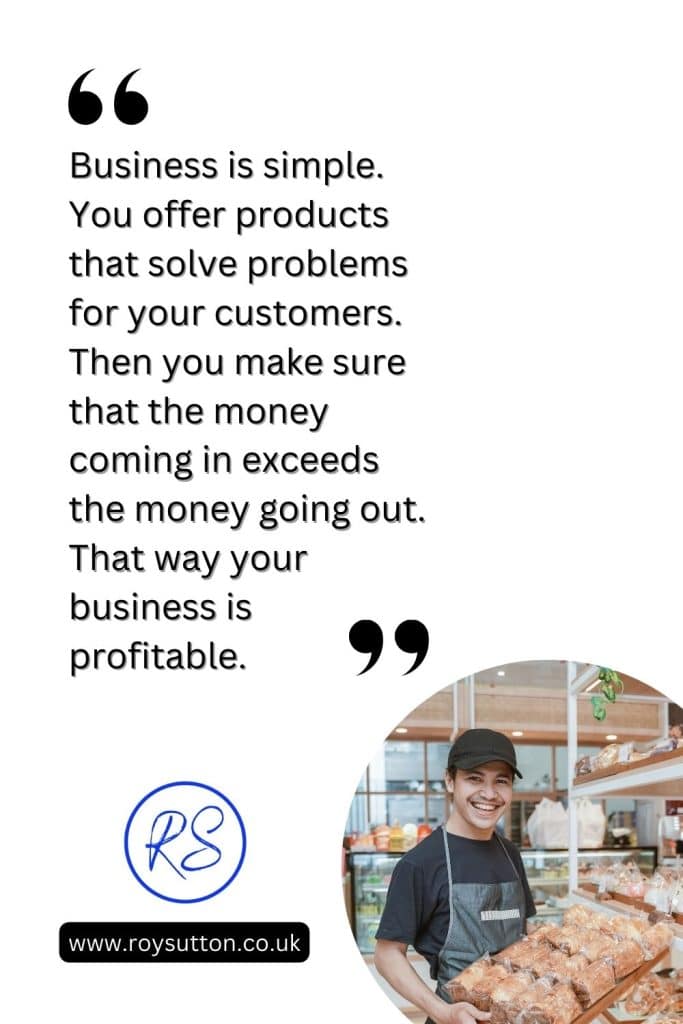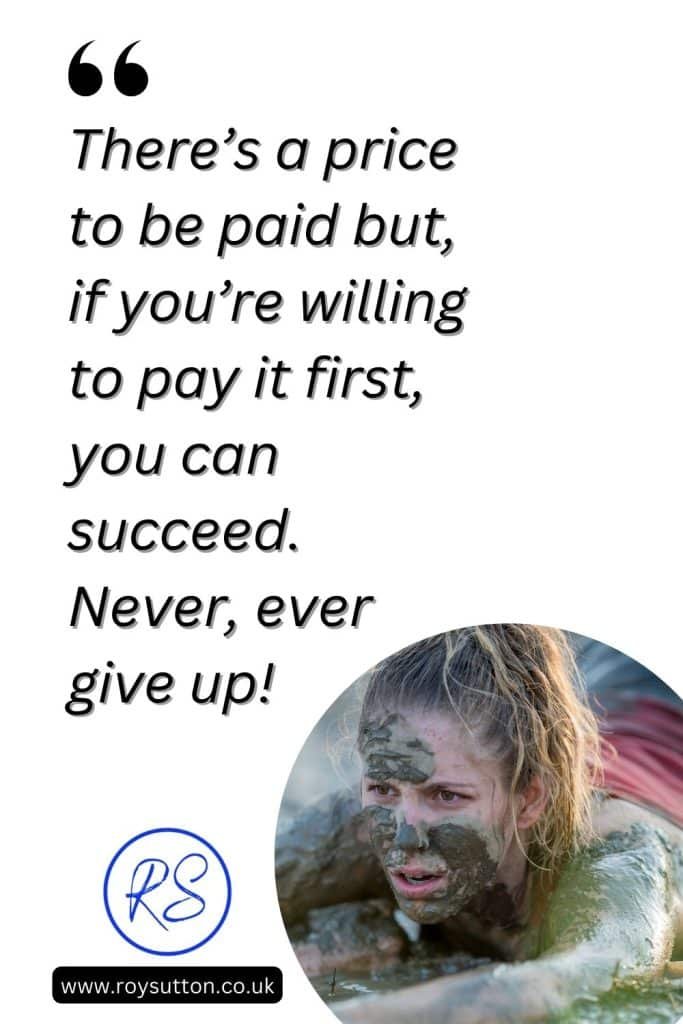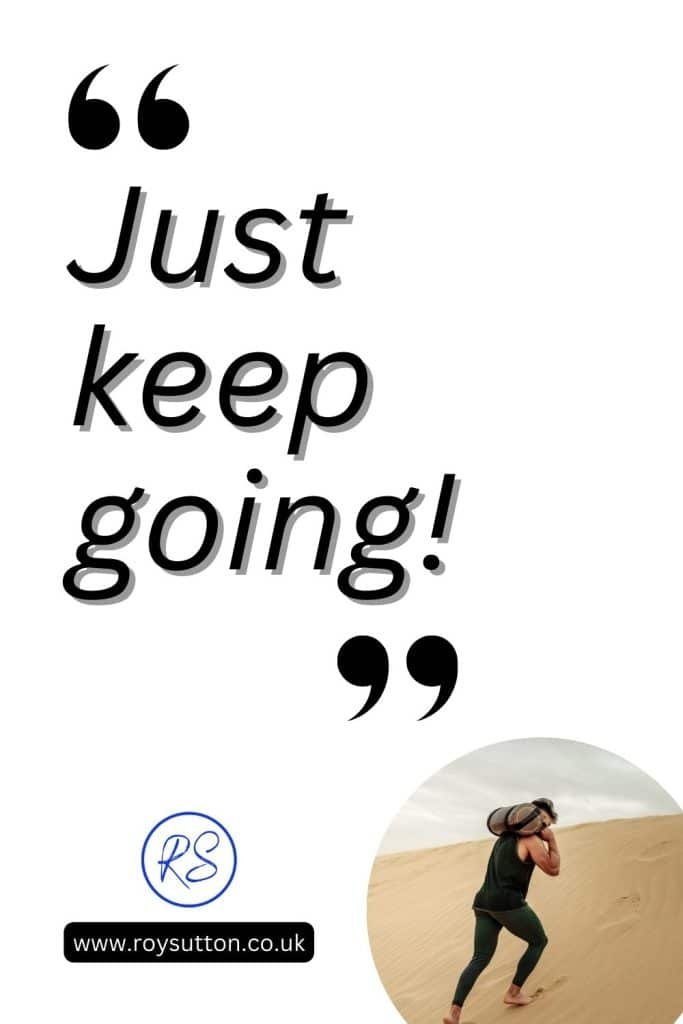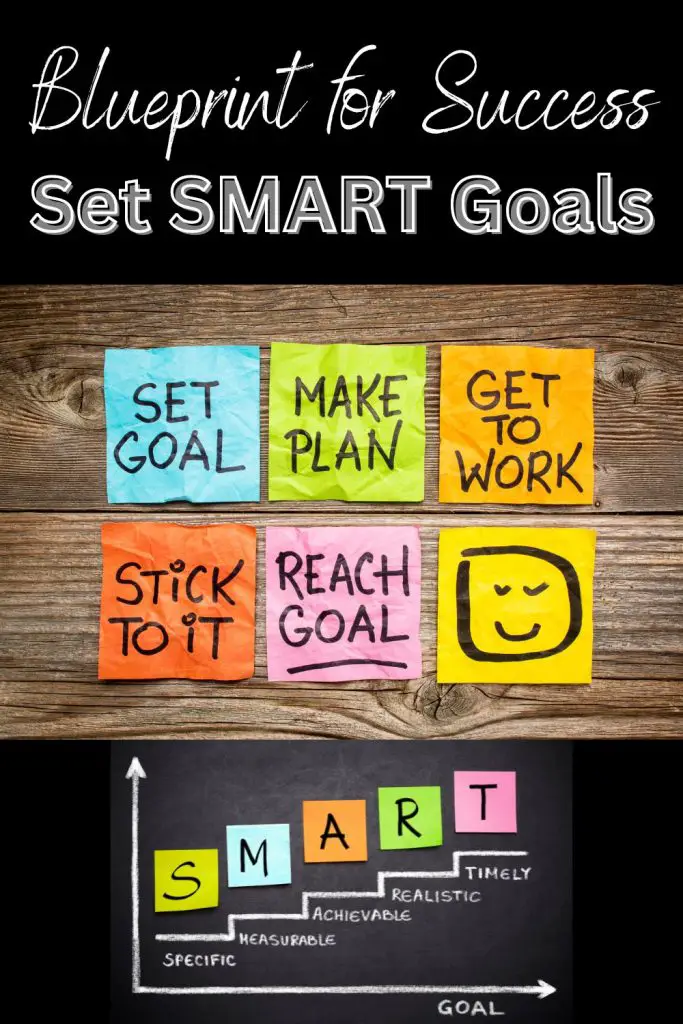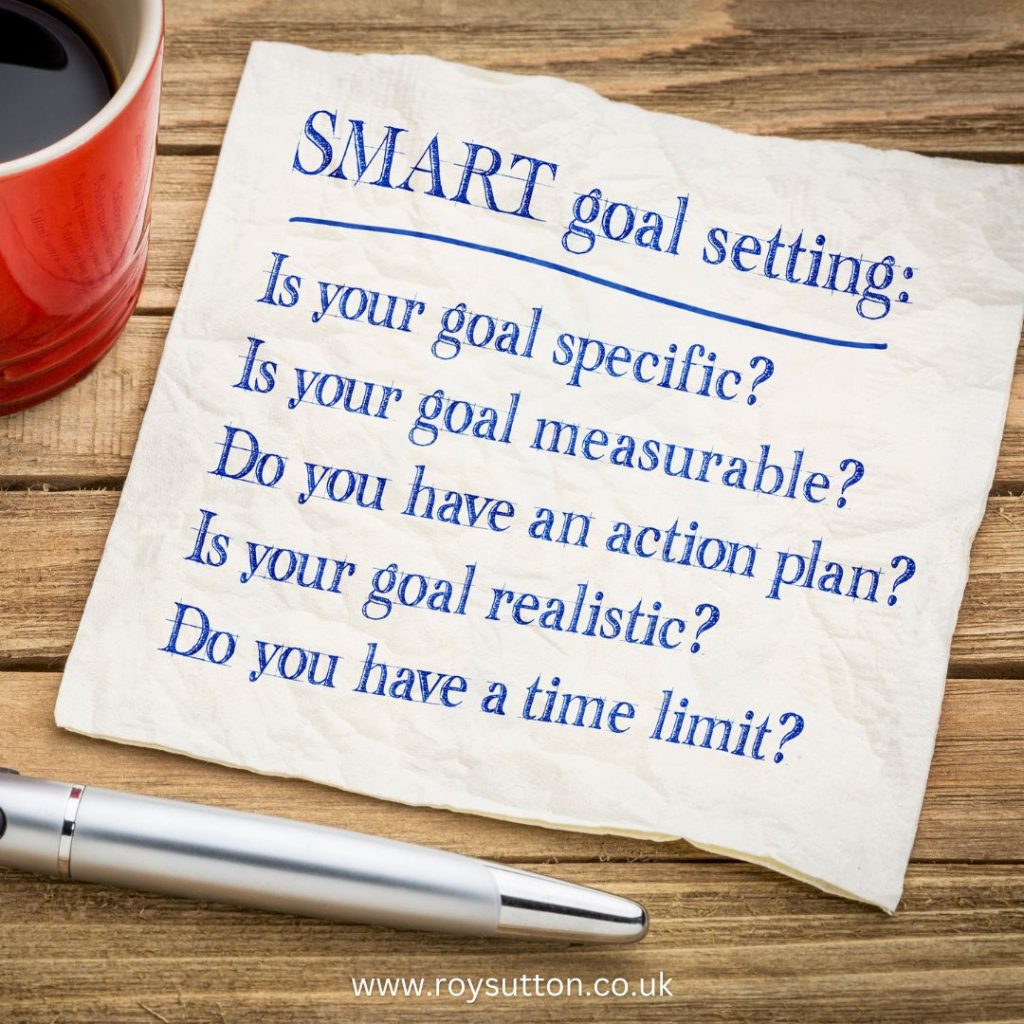
Common sayings or proverbs are simple sayings that express an essential truth based on common sense, experience, and/or the wisdom of the ancients.
Proverbs that describe a basic rule of conduct are particularly useful and well worth remembering.
Today I offer you 21 thought-provoking proverbs and common sayings with an explanation as to what they all mean.
You would do well to remember some of these, I think.
Common Sayings:
1. Be contrary; be known
If you want to be successful, visibility matters. That means you must stand out in the crowd. And you can’t stand out in the crowd if you’re just like everyone else. You must be an original, not a copy.
2. Man who chases two rabbits catches neither
Learn to keep the main thing the main thing. Focus matters if you want to be successful. Try to do too many things and you won’t do any of them very well. And if you fail to do anything well then you’re unlikely to be successful.
3. Knowledge is power
Learning is a lifelong process and you should be educating yourself constantly. However, there is a more important point here. When negotiating in business the more you know about the other side, their needs, the pressures they’re under, and what they’re willing to pay and/or concede, the more likely you are to get what you want. Never underestimate the power of information.
4. When in Rome do as the Romans do
If you want to be successful in business around the world then show some respect for other people and the way they do things. Culture is simply the way things are done around here. No one culture is better than another. They are just different that’s all. So just because something might appear odd relative to what is considered ‘normal’ in your culture doesn’t make it wrong. Embrace differences and enjoy every new cultural experience.
5. Fortune favours the brave
If you want to live life to the full then it starts outside your comfort zone. Go for the low-hanging fruit and the easy tasks and you won’t grow. Fail to take any risks and you’re unlikely to experience any significant rewards either. You can only be successful if you go after what you really want and that means you must take a few risks along the way. Remember this; risk and reward go together.
6. Hope for the best; prepare for the worst
If you want to be successful then be prepared for the rain because occasionally it will rain. Hope for permanent sunshine by all means but make sure you’re ready for the days when the sun refuses to shine and you need an umbrella.
7. A picture’s worth a thousand words
To be successful being able to communicate effectively is an important skill to develop. That means you need to know how to get a message across and often the most powerful way to deliver a message and make a point is often with a picture.
8. There’s no such thing as a free lunch
Everything comes with a price tag. There will always be a cost somewhere even if it’s not immediately apparent. The cost may not be financial but there will be a cost. Make sure you know what it is and make sure you’re willing to pay the price before you agree to anything.
9. Actions speak louder than words
Talk is cheap. It’s not what you say; it’s what you do and what you deliver that will make a difference. And if you want to be successful then you will need to make a difference.
10. Practice makes perfect
Every master began as a complete beginner. Mastery is achieved by becoming a student of your craft and practising constantly until you are the best at what you do. And if you want to be successful then you will need to be amongst the best at what you do.
11. Easy come; easy go
You will only truly appreciate that which has cost you in blood, sweat and tears. Any success obtained easily is difficult to sustain. Easy money is easily squandered. It’s almost like you feel you’re not entitled to it if it all came too easy to you.
12. One man’s trash is another man’s treasure
As they say in the north of England, ‘There’s brass in muck’. Meaning just because something appears to be no longer of use doesn’t mean it can’t be put to good use and can’t represent an excellent business opportunity. Old furniture can be restored. An old bicycle frame can be used in the making of some other item. Money can be made from the oddest things and, believe it or not, even from plain old rubbish.
13. Familiarity breeds contempt
If your career is starting to gain traction and you’ve been promoted to management then remember this; there must always be a little bit of distance between you and the troops you manage. You cannot be too familiar with people you manage if you want their respect. Yes, take an interest in people. Yes, show them you care occasionally. However, you can’t be their buddy. That doesn’t work.
14. Don’t judge a book by its cover
First impressions can be powerful and often they can be accurate too. However, they’re not always accurate so it is dangerous to form an opinion based on your first impression alone.
15. Don’t put all your eggs in one basket
When it comes to money and savings, diversity is the name of the game. As you become successful, a good income should follow. Make sure you start building some capital and make sure you spread it around a bit. Put all your financial eggs in one basket and calamity could follow.
16. The squeaky wheel gets the most oil
Don’t be afraid to complain when things aren’t right. If you want something resolved be prepared to make a noise. Wait patiently and you’re unlikely to find anyone keen to help you. They’re all too busy. Sometimes you need to be a nuisance if you’re going to get attention.
17. Honesty is the best policy
The problem with telling lies is that you need to have a very good memory and it’s very easy to get caught out. Tell the truth and you don’t need to remember anything. All you have to do is say exactly what happened or what you said, et cetera. Being honest makes life easier and it also makes it less stressful.
18. You can lead a horse to water but you can’t make it drink
There is only so much you can do for people. Offer to help them by all means but if they choose not to accept your offer then just leave it there. You can’t force someone to do something nor can you force them to accept your help or advice.
19. Keep friends close and enemies closer
There’s no point in fighting with your enemy. That won’t get you very far. It’s better to adopt cordial relations to keep them close. Keep them close and you can keep an eye on them. That way you’ll know what they’re up to and know what they’re planning too. Use your head not your heart in these matters.
20. Two heads are better than one
It is a fact that when people get their heads together the results are usually much better than one person’s thinking alone. Particularly with creative work, ideas bounce off each other and as those ideas come together the results can be exceptional.
21. Do unto others as you would have them do unto you
Treat other people in the way you’d prefer them to treat you. Show them respect and you’re much more likely to get their respect. Don’t be mean to people. You wouldn’t like it and neither will they. People will respond warmly to you if you are warm and kind to them.
Please share this post with your friends:
Did you find this article about common sayings interesting?
If it was then perhaps it might interest others you know too.
Then, please share this post with your friends on social media because when you share, everyone wins. If you could share it now then I’d be ever so grateful.
Like every blogger, I can only keep doing what I do if readers are viewing my blog posts. So you really can help me, dear reader.
Thank you.

Articles you might also enjoy:
- 15 Quotes by Whoopi Goldberg that are interesting
- 25 thought-provoking quotes about not giving up
- 21 quotes about music to inspire you today
- 35 business quotes to inspire you today
- 50 insurance quotes you just can’t ignore
- 50 fitness motivational quotes to inspire you
- 33 freedom of speech quotes to get you thinking
- 21 thought-provoking quotes about fake friends
- 21 Interesting quotes by Edgar Allan Poe
- 15 classic quotes by Yogi Berra that’ll make you think
- 25 quotes about friendship and you’ll love number 17
- 20 classic Elaine Benes quotes that’ll make you smile
- 30 funny dating profile examples or how not to write one
- 15 amusing quotes by Spike Milligan to raise a smile
- 19 Best Homer Simpson quotes that’ll make you smile
- 21 Del Boy quotes for fans of Only Fools and Horses
- 15 amusing quotes by Mae West to make you smile
- 15 Very Funny One-Liners by Billy Connolly
- 37 funny comebacks for dealing with rude people
- The 30 best bitchy comments that’ll really make you smile
- 31 great quotes from Larry David in Curb Your Enthusiasm
- 15 amusing quotes by Jerry Seinfeld to brighten your day
© Mann Island Media Limited 2024. All rights reserved.







